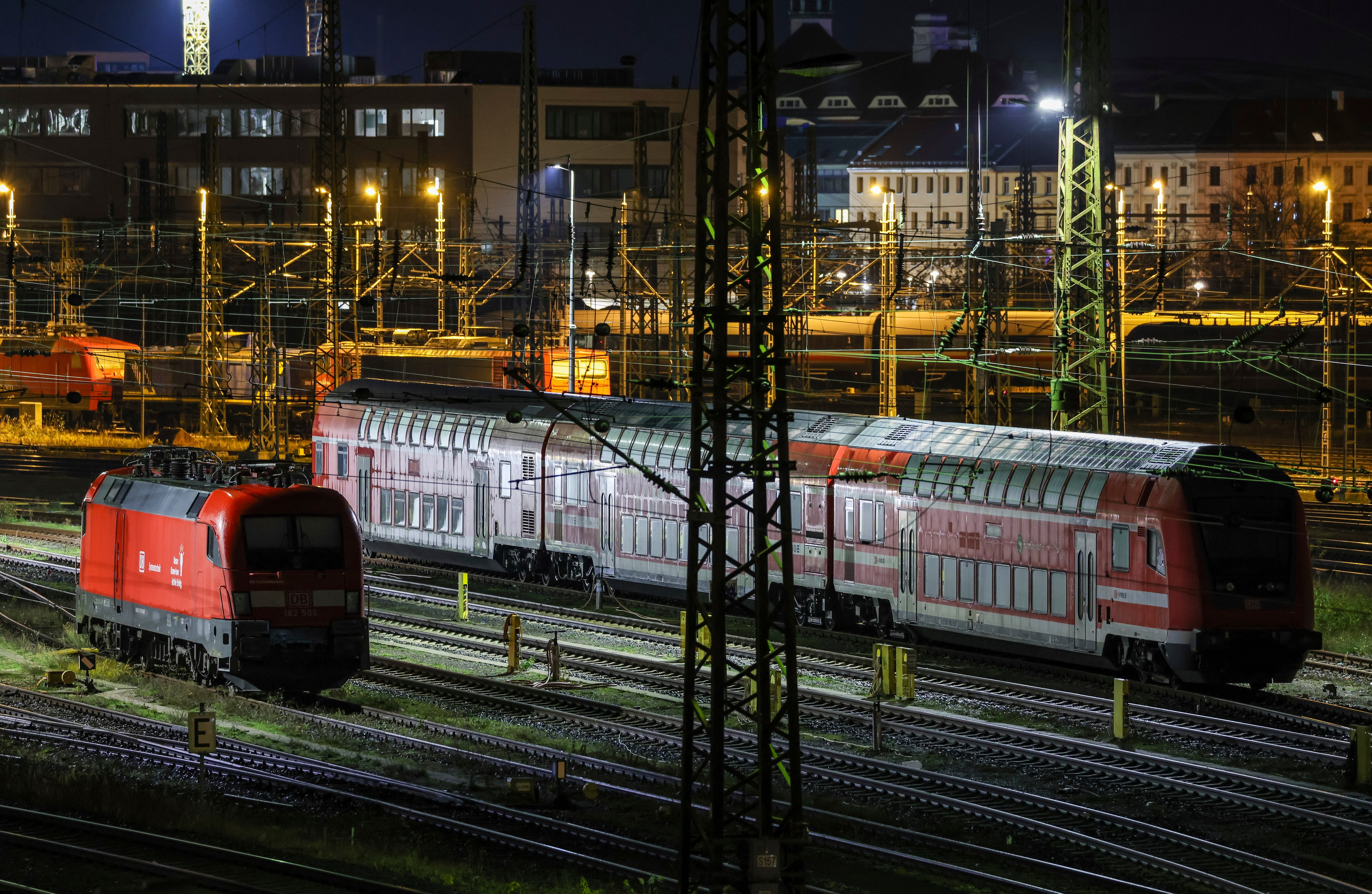Members of a union representing German train drivers vote for open-ended strikes in bitter dispute
Members of a union representing German train drivers have voted overwhelmingly to stage open-ended strikes in a bitter dispute with the main national railway operator over working hours and pay

Members of a union representing German train drivers have voted overwhelmingly to stage open-ended strikes in a bitter dispute with the main national railway operator over working hours and pay, union leaders said Tuesday.
The GDL union said that 97% of members who voted in a ballot authorized fully fledged strikes at state-owned Deutsche Bahn, easily beating the 75% approval required. It said that turnout was more than 70%.
GDL already has staged two one-day “warning strikes," a common tactic in German wage negotiations. But this dispute has escalated unusually fast. GDL's chairman, Claus Weselsky, declared last month that negotiations with Deutsche Bahn had failed after only two rounds of talks.
Weselsky has said there will be no strikes before Jan. 8. He left open when and for how long members will strike after that.
“What is coming now will be more powerful, longer and harder for customers” than the walkouts so far, he said.
The central issue is the union’s call for shift workers’ hours to be reduced from 38 to 35 hours per week without a pay reduction, a demand at which employers so far have balked.
GDL argues that it would make working for the railway more attractive and help attract new recruits, while Deutsche Bahn says the demand can't practically be fulfilled.
GDL is seeking a raise of 555 euros ($605) per month for employees plus a one-time payment of up to 3,000 euros to counter inflation. Deutsche Bahn has said that it made an offer that amounts to an 11% raise.
A dispute between Deutsche Bahn and a larger union — EVG, a bitter rival of the traditionally more combative GDL — was settled earlier this year after both sides accepted a proposal by arbitrators.
GDL’s strength among drivers, train attendants and some other railway personnel varies regionally, and some regional services run by private operators haven't been affected by the dispute. Deutsche Bahn has run a much-reduced long-distance schedule during its previous strikes.
Last week, GDL reached a deal with Netinera, a group that includes several private operators of regional trains, that foresees a gradual move to a 35-hour week for shift workers. That would be reached at the beginning of 2028.
Weselsky pointed to that agreement as he announced the outcome of the ballot for strikes at the far bigger Deutsche Bahn. He said that GDL had committed itself to obtaining “comparable results” elsewhere.
“That means for all the companies we are still negotiating with: we will not let up in obtaining a similar result,” he said.
Bookmark popover
Removed from bookmarks